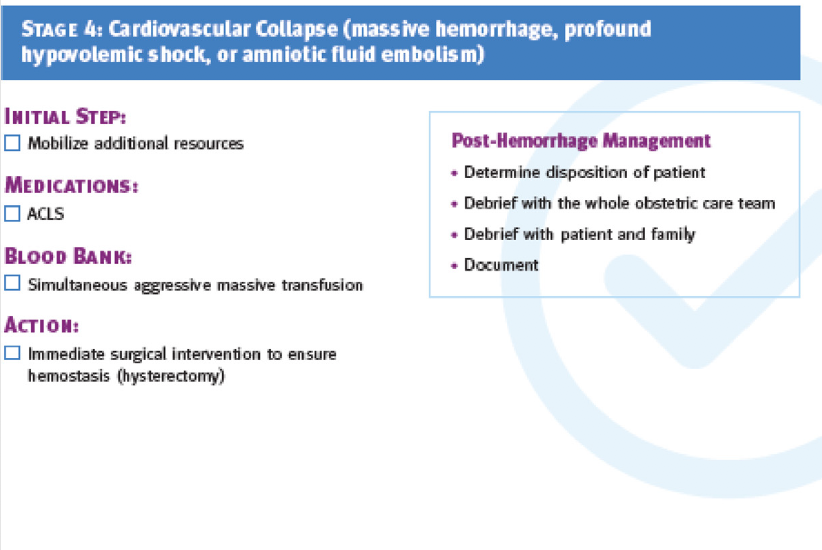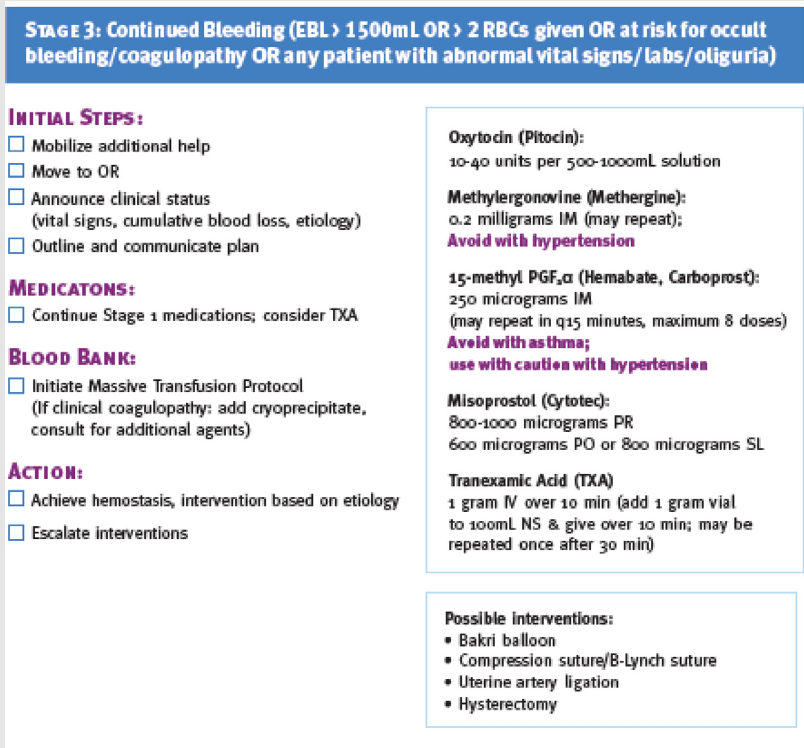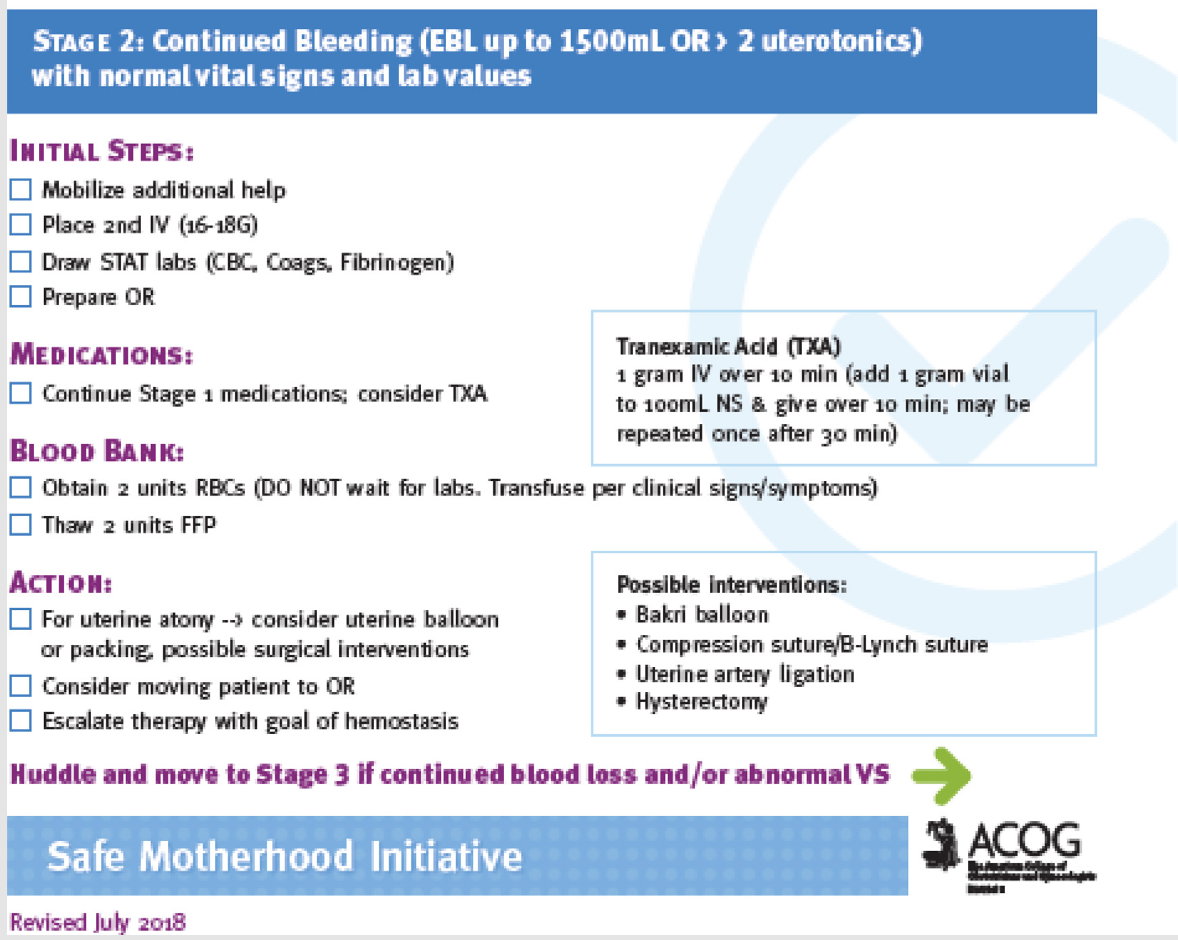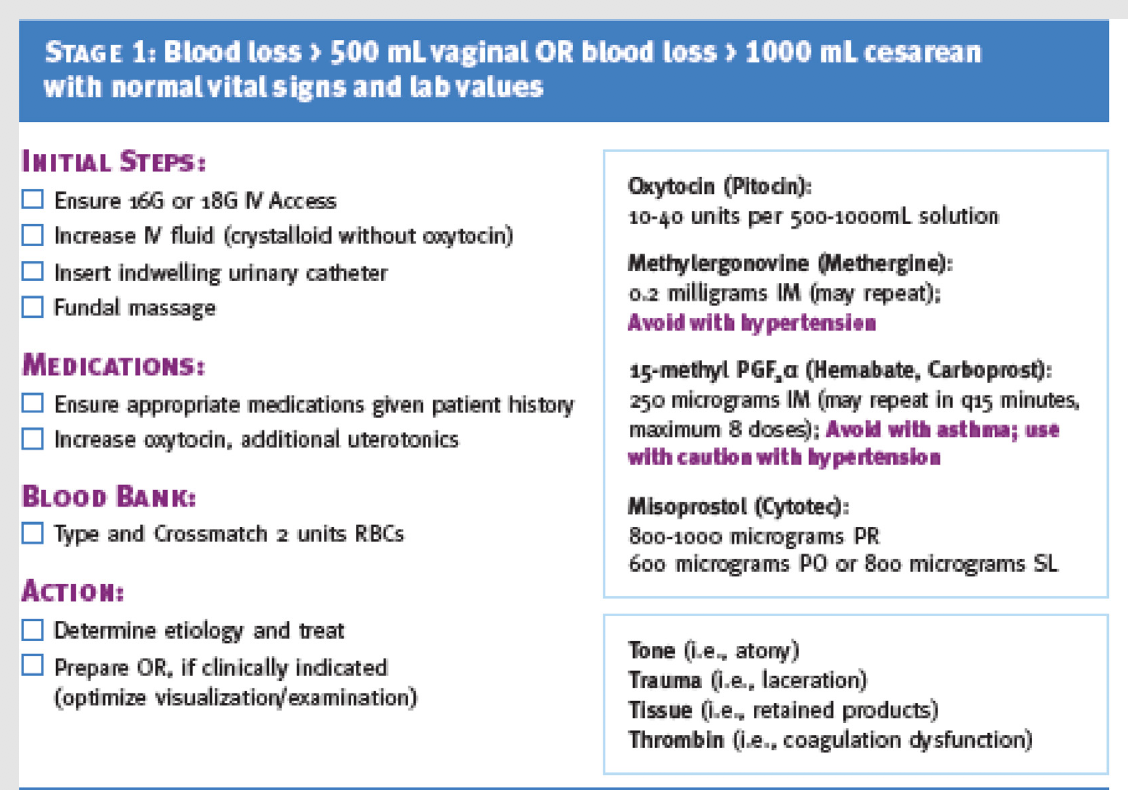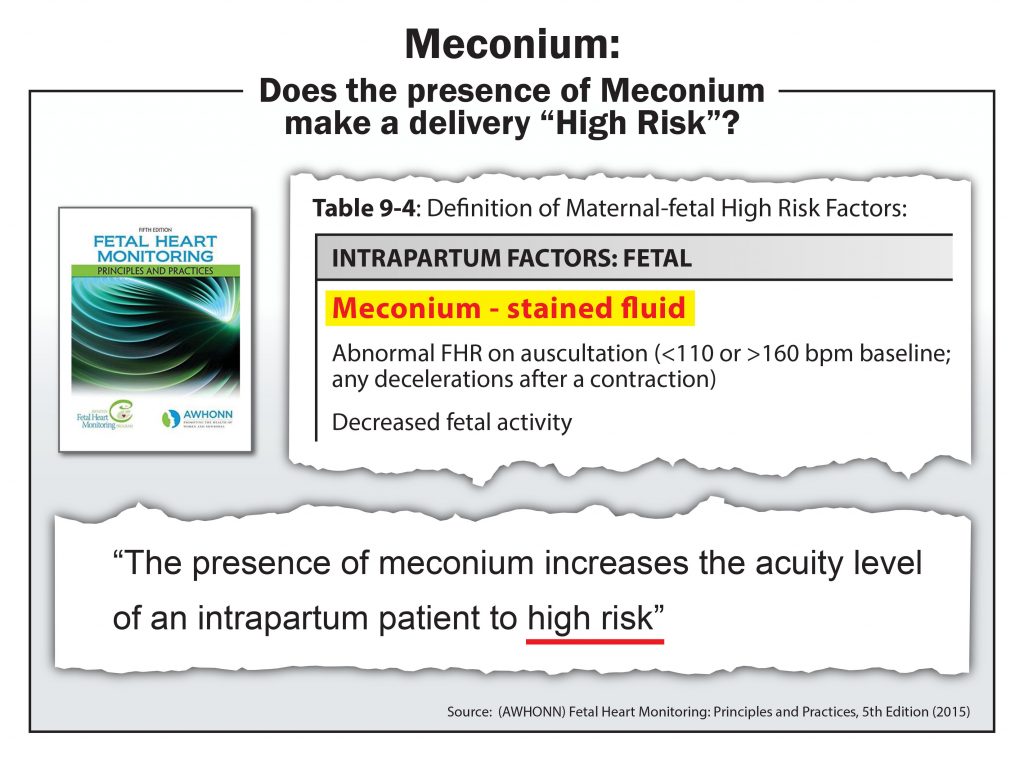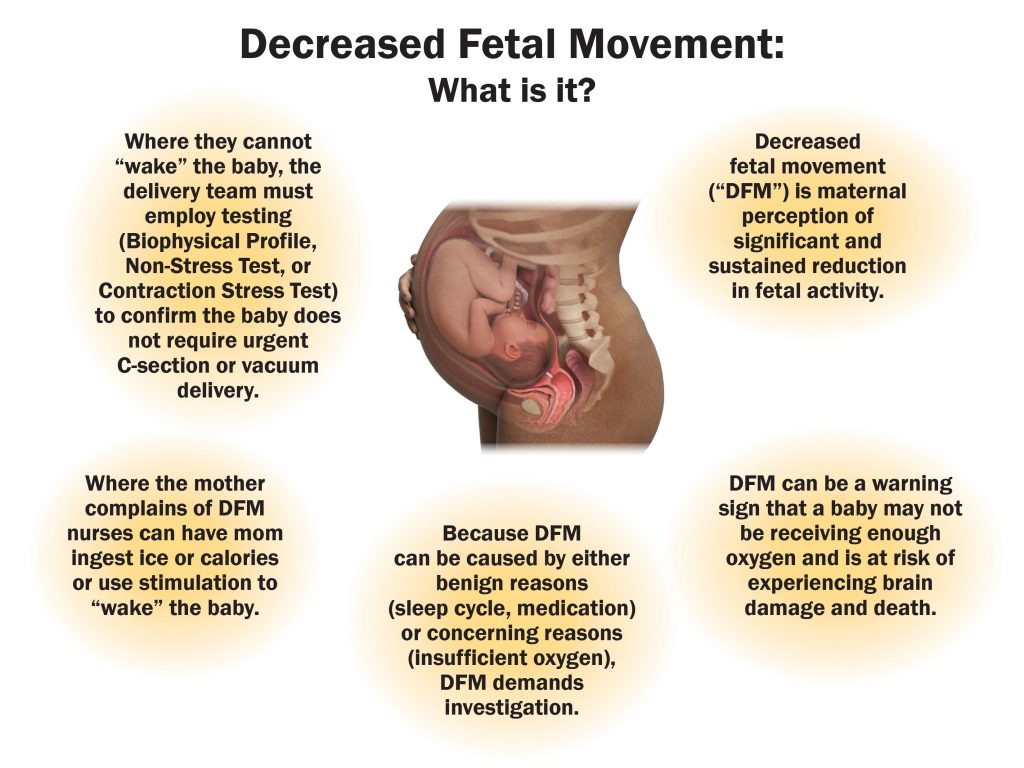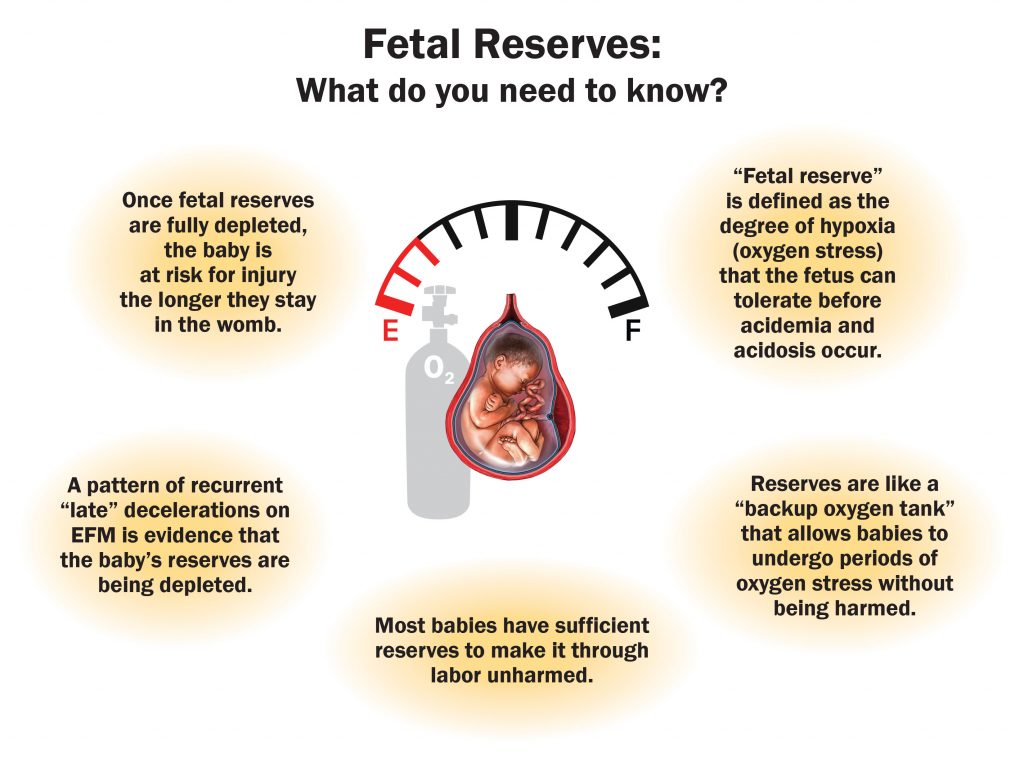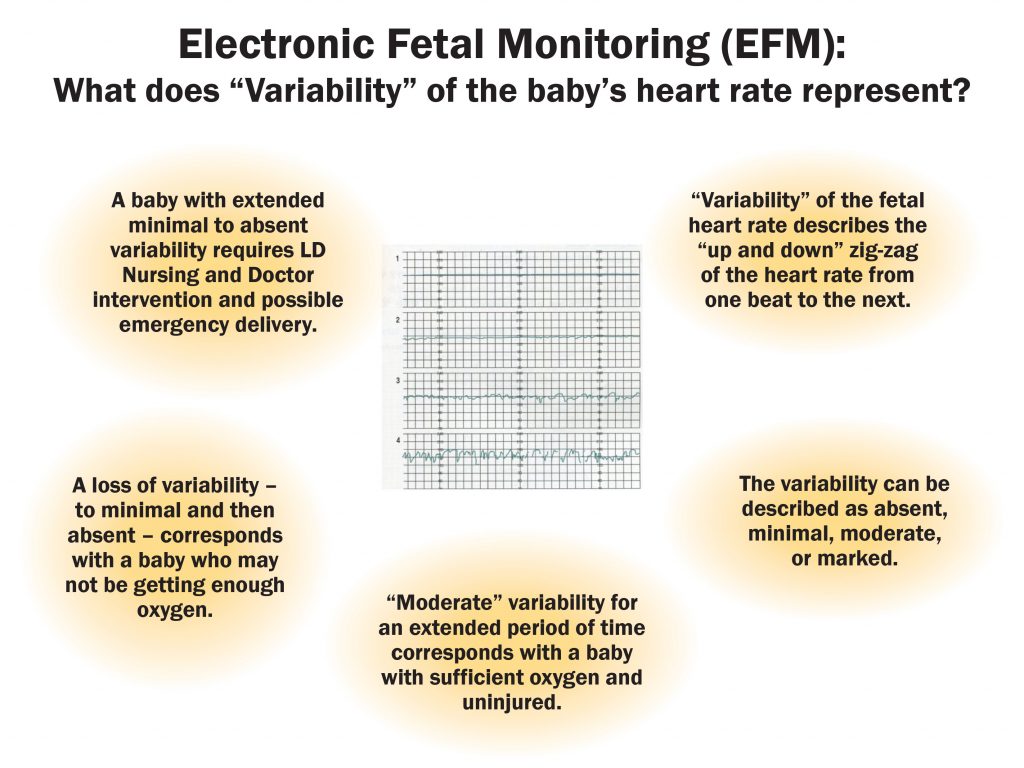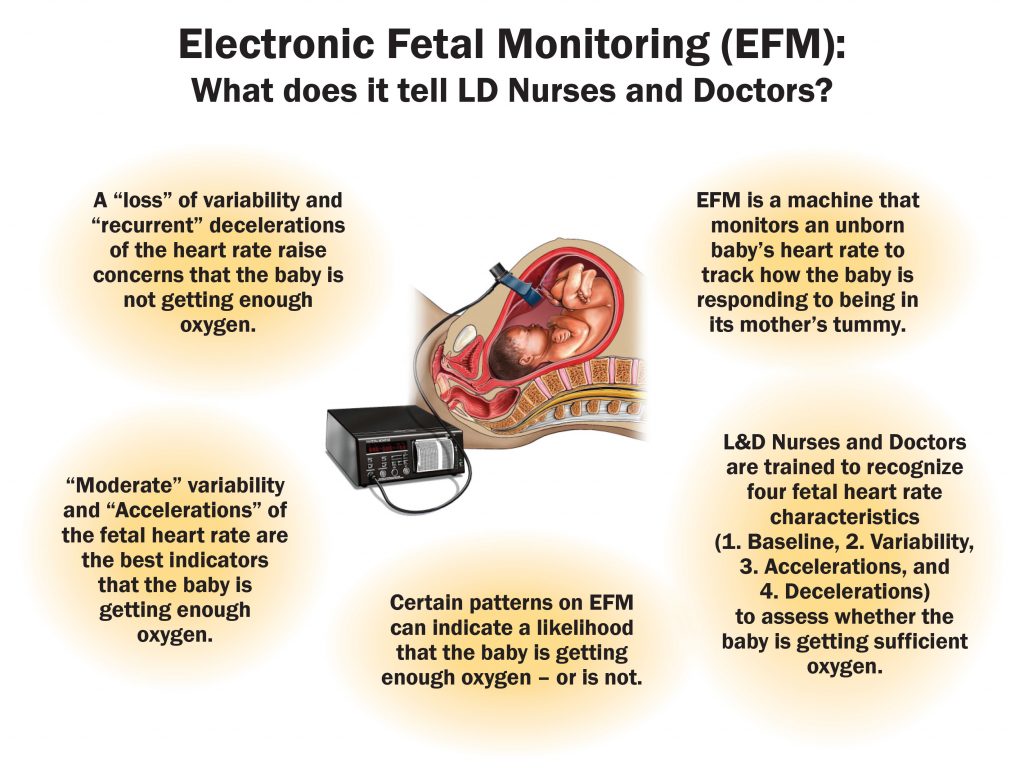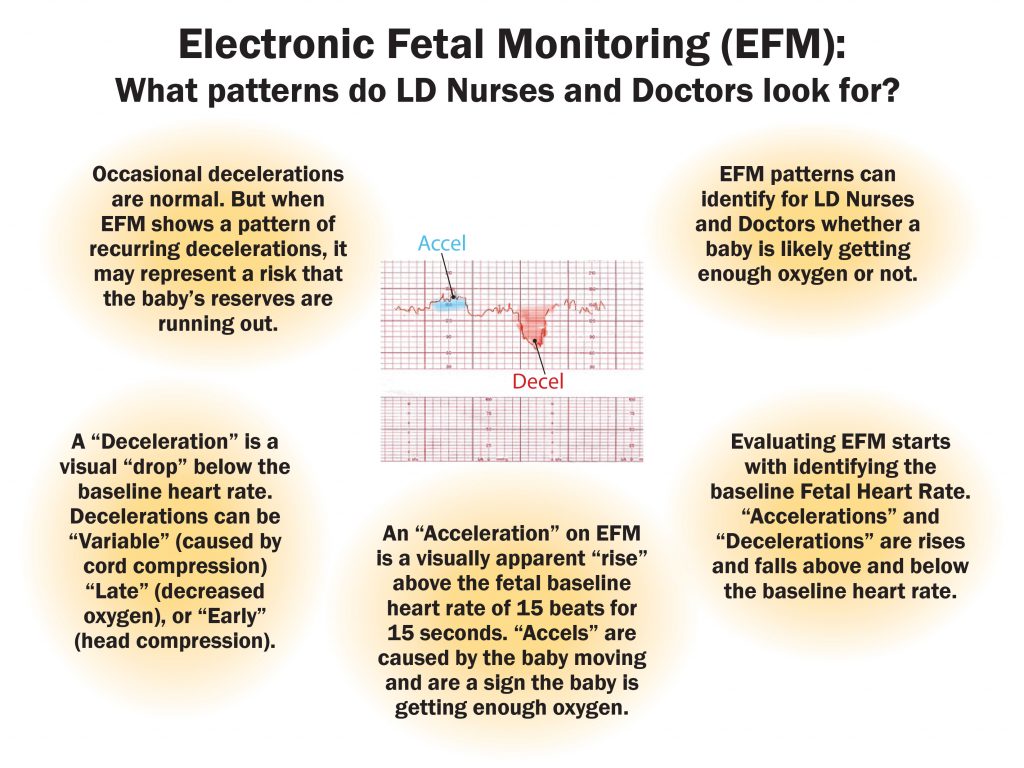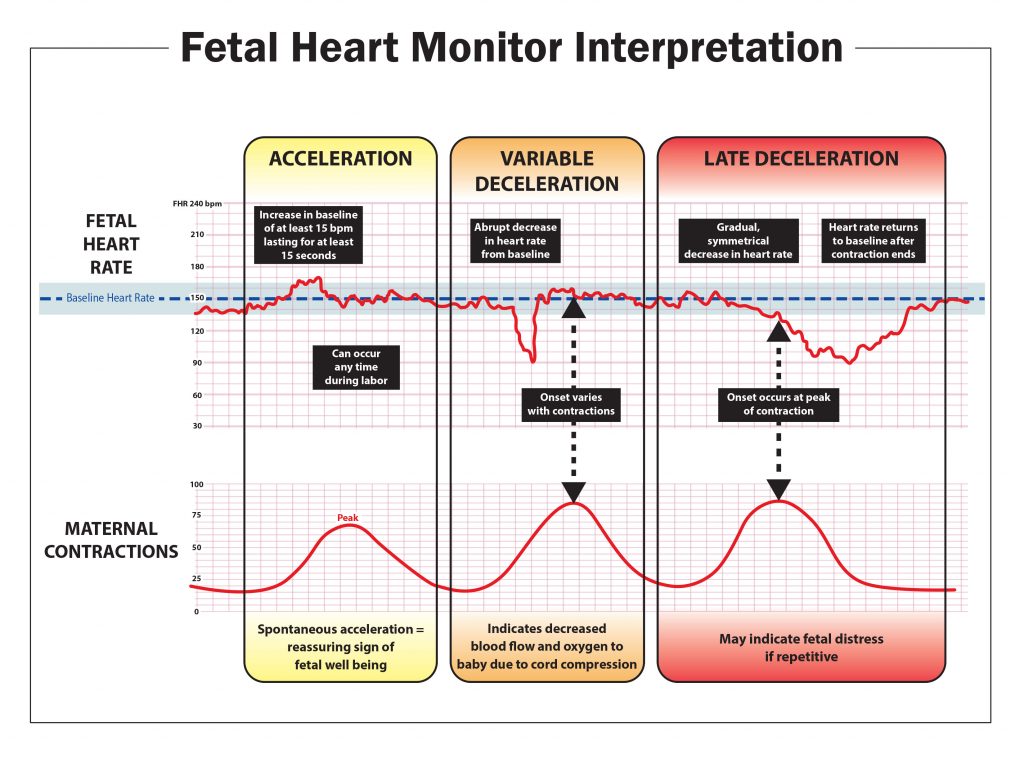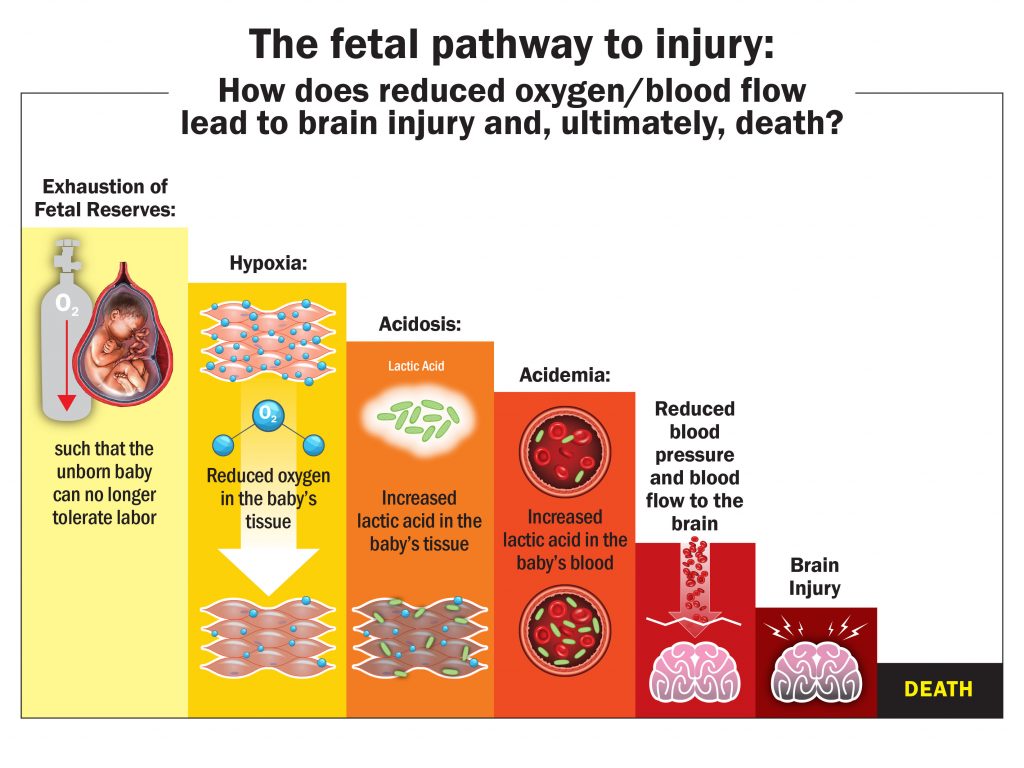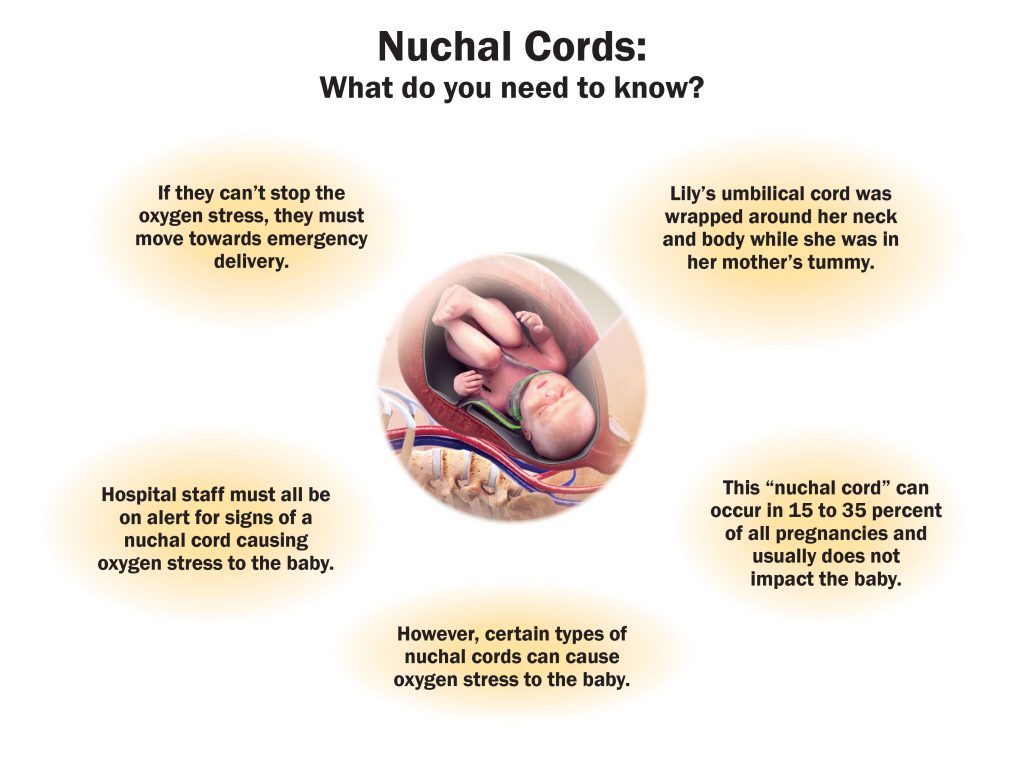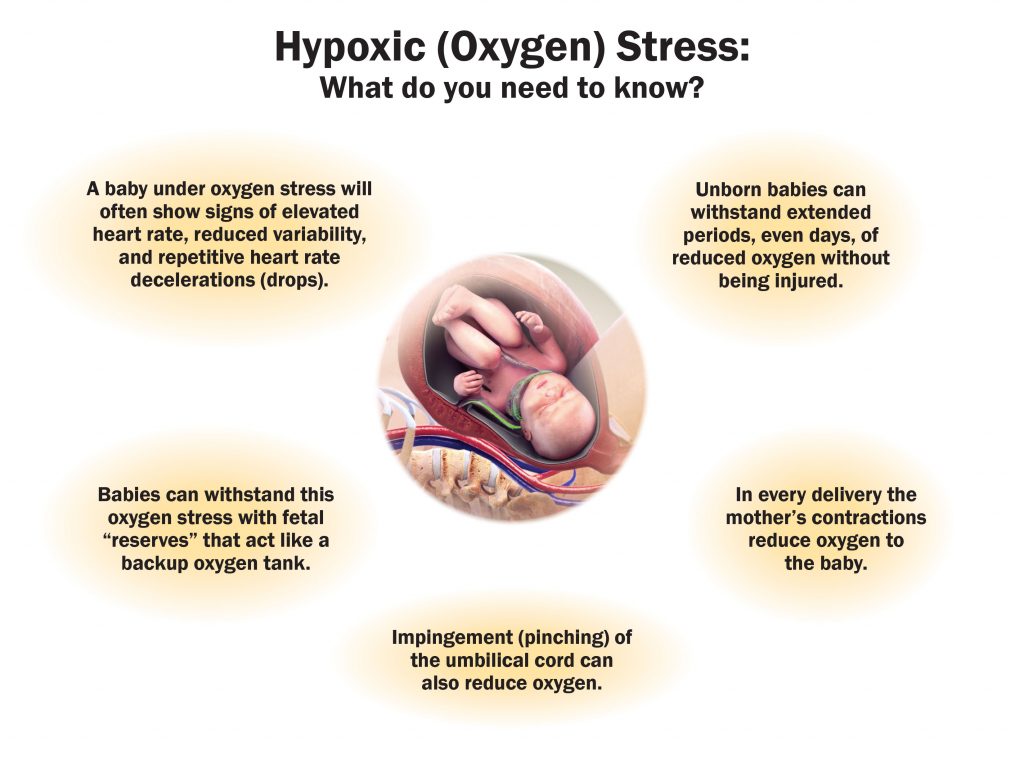Here is a great resource for women who suffer from chronic pain, including RSD/CRPS (Reflex Sympathetic Dystrophy/Chronic Regional Pain Syndrome). Forgrace.org was started by RSD patient Cynthia Toussaint in 2002. The site is dedicated to ensuring the ethical treatment of all women dealing with chronic pain. Based on Cynthia’s experience with multiple doctors over many years and her observations of other pain patients, she came to the conclusion that women suffering severe pain are frequently not taken seriously by their doctors and do not receive the same level of treatment as their male counterparts. The main goal of forgrace.org is to empower women to become better advocates for themselves and their pain and to increase awareness of the gender disparity women experience worldwide in the assessment and treatment of their pain.
In 1982, her senior year in college, Cynthia pulled a hamstring in her right leg while in ballet class. Being a ballet dancer and being accustomed to such injuries, she expected the tear to heal, however, after 8 weeks, it was worse instead of better. She went to several doctors with no results, and in fact, was ridiculed by them. One doctor suggested that she was fabricating the pain due to stage fright, while another asked her to take a truth serum to admit she wasn’t really in pain. Yet a third doctor, when she asked him “what should I do”, said “Shoot yourself in the head”.
18 months after the initial injury to her right leg, Cynthia then injured her left leg. She continued to visit different doctors in her quest for a solution to her pain, including a neurologist and orthopedist. They didn’t seem concerned about the pain and simply wrote her prescriptions for anti-inflammatories. As time passed, she eventually was no longer able to walk and was confined to a wheelchair. Time and time again, she was told that there was no reason for her to be in pain because her injuries had healed, that there was nothing wrong with her, and that she was simply suffering from emotional problems.
Many of her friends and family began to disappear from her life. Those who had been close to her began doubting her because there had been no diagnosis over the years. Her husband John was one of the few people who still supported her and stuck by her and was by this time, her primary caretaker. In 1990, eight years after her initial injury, the pain had spread to both her arms, then on through her entire body. It was at this point that she began to contemplate suicide.
One day John was reading the newspaper and came across an article about pain. For the first time he had the realization that pain could be its own problem, rather than a secondary problem to an underlying issue.
Immediately after this, they made an appointment with a doctor specializing in treating pain disorders. Cynthia went to the appointment on a gurney, because she had been bedridden for so long that she was unable to walk. One thing she liked right away about this doctor was that he took her seriously and told her that they would work on the problem together as a team. He diagnosed her with RSD and prescribed anti-seizure medication, which calms down the nerves in the spinal cord and interrupts the pain loop from spinal cord to brain, and then got her into intensive physical therapy, which is crucial with RSD. For the first time, Cynthia’s condition began to improve, and the functionality of her limbs began to return. Within 3 ½ weeks she went from being wheelchair-bound to walking short distances.
This doctor was Dr. Edward Carden, a renowned pain management doctor who specializes in the treatment of RSD/CRPS. In an interview, Dr. Carden states, “When you have pain that is out of proportion to the injury for which there is no logical explanation, then it’s RSD until proven otherwise”.
Left untreated for many years despite her best efforts, Cynthia’s RSD had spread throughout her entire body, at one point even affecting her vocal cords and leaving her unable to speak for 5 years. After finally being diagnosed by Dr. Carden in 1995, her relief was palpable. She was not crazy – her pain had a name. From her own experiences and observations, she was now aware that in many cases men with chronic pain seemed to be receive better treatment from their doctors than women. Females who complained of pain were more likely to be dismissed as hormonal or emotional, and were often prescribed sedatives to deal with their pain, while men complaining of the same chronic pain were prescribed painkillers and recommended for surgery to eliminate their source of pain.
After her ordeal, Cynthia started forgrace.org to increase awareness of the disparities between the treatment given to men and women pain patients, and to encourage women to take charge of their treatment and to become their own advocates for their pain. Much information of value can be found on this site. Under the Resources link, you will find numerous articles and reports discussing the differences in pain experiences between men and women, from how they are treated differently by the healthcare system to how they actually experience pain differently in their bodies. Click here to view the International Association of Pain’s checklist of “Differences in Pain Between Women and Men”.
Under the Media Kit tab is a Fact Sheet which outlines many points about chronic pain and the differences between men and women. Also under this tab is a listing of articles, radio and television interviews that Ms. Toussaint has given with major news shows, including being featured on a segment on Mystery Diagnosis on the Discovery I.D. channel.
Helpful information can be found under About Women in Pain, such as “101 Ideas to Empower Women in Pain“. Be sure to read numbers 78 through 89, which is the Clinical Advice section. It tells you how to talk effectively to your doctor, and discusses a rating scale to help you measure your pain.
Under WIP Advocacy Tools are some ideas for increasing awareness of the “pain gender divide” in your own community.
Cynthia has written a book entitled Battle for Grace: A Memoir of Pain, Redemption and Impossible Love, which is scheduled for release later this month (Feb. 2013). It discusses her 30 year battle against pain and the healthcare system which failed her.
Rather than being bitter, Cynthia says she is now able to look at her condition as a gift, as it has enabled her to listen to her inner voice, follow her instincts, and reach out to begin helping other women struggling with the same issues.
In summary, if you are a woman with chronic pain, don’t ignore your pain. Early diagnosis can be key to successful treatment. Get a second, third, or even fourth opinion if necessary.
If you would like to make a donation to forgrace.org to support their continued efforts to spread awareness, click here. They accept donations online, by phone, or by mail.
If you have been diagnosed with RSD/CRPS and you believe someone else is to blame call us for help. Nelson Tyrone handles Brain Injury, Spine Injury and RSD/CRPS cases throughout the United States. He involves only the top medical, rehabilitation and life-care plan experts in the field. His results on behalf of clients include several of the largest settlements and verdicts on record.
The Tyrone Law Firm is located in Atlanta, Georgia. Our number is 404-377-0017 and our email is admin@tyronelaw.com. We will talk to you and review your case for free.
If we can’t help you, we will do our best to put you in the hands of lawyers who can.
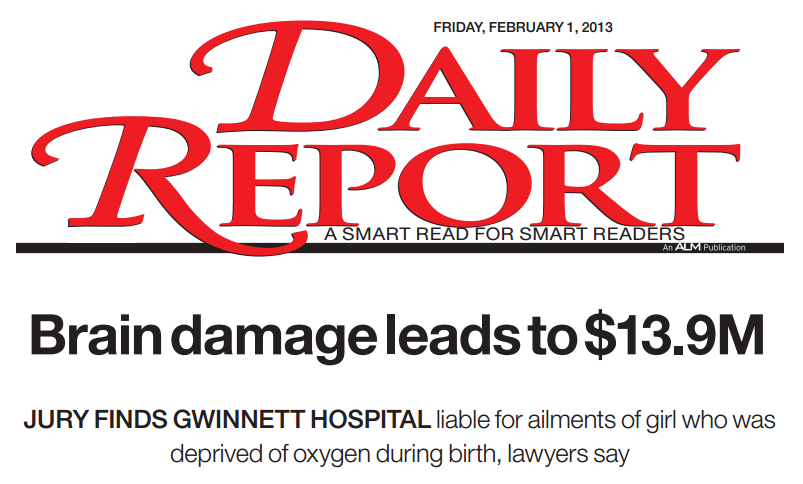



 Hayley serves as a Labor and Delivery Nurse Consultant for the Tyrone Law Firm. She attended and graduated Cum Laude from the University of Georgia in 2004 with a Bachelor of Arts degree in Journalism/Public Relations. After graduation she moved to the gulf coast where she pursued a career in real estate and development.
Hayley serves as a Labor and Delivery Nurse Consultant for the Tyrone Law Firm. She attended and graduated Cum Laude from the University of Georgia in 2004 with a Bachelor of Arts degree in Journalism/Public Relations. After graduation she moved to the gulf coast where she pursued a career in real estate and development.
